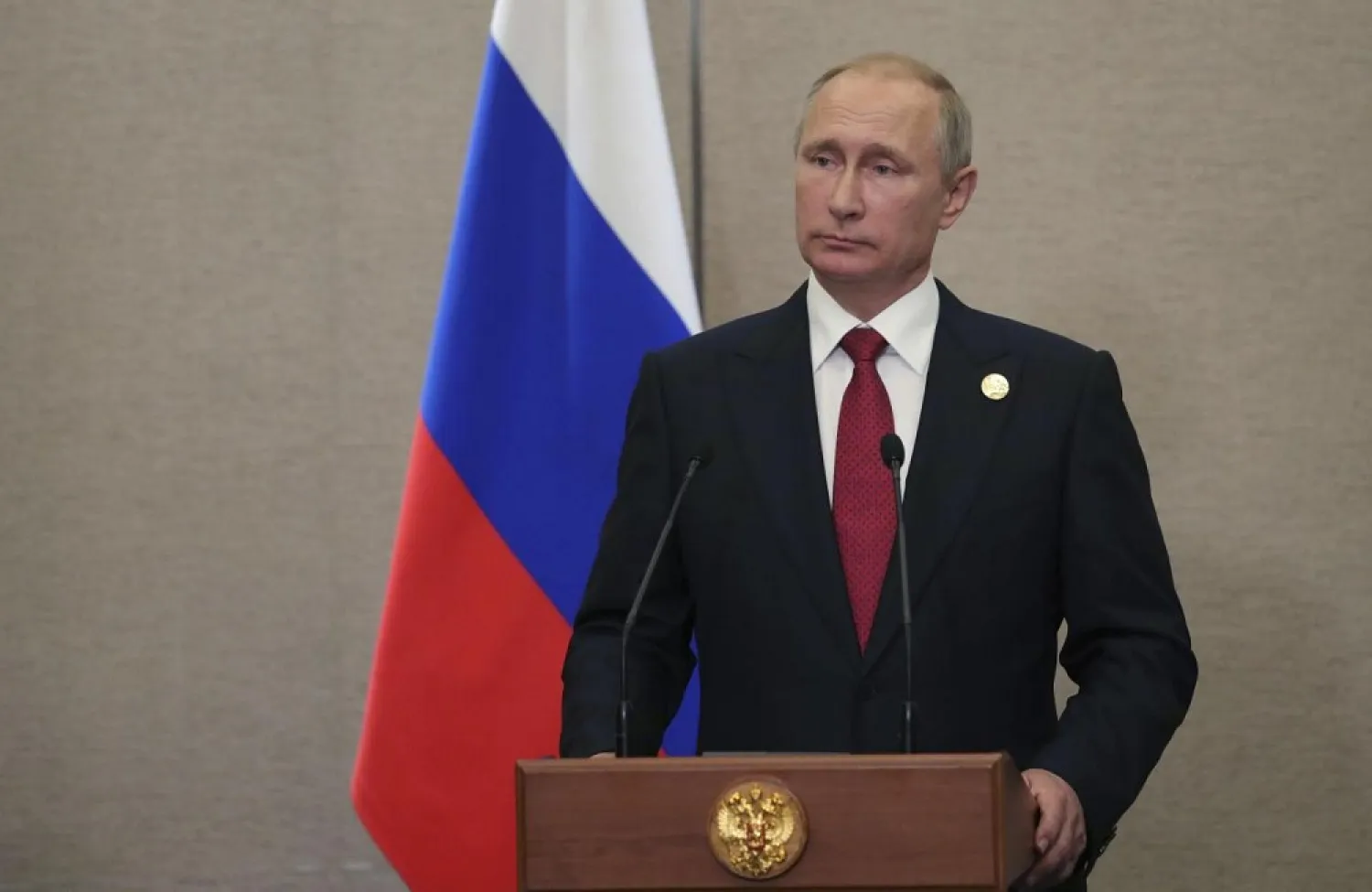Russia President Vladimir Putin warned on Tuesday that the foreign minister reserves the right to take US authorities to court in wake of the recent row over Russian diplomatic missions in the United States.
He stated that Russia reserves the right to further cut the number of US diplomatic staff in Moscow in response to what he called Washington’s “boorish” treatment of Russia’s diplomatic mission on US soil.
Speaking after US officials ordered Russia to vacate diplomatic premises in several US cities, Putin said: “That the Americans reduced the number of our diplomatic facilities - this is their right.
He made his remarks during a news conference in the Chinese city of Xiamen, where he was attending a summit of BRICs nations.
“The only thing is that it was done in such a clearly boorish manner. That does not reflect well on our American partners. But it’s difficult to conduct a dialogue with people who confuse Austria and Australia. Nothing can be done about it. Probably such is the level of political culture of a certain part of the US establishment.”
“As for our buildings and facilities, this is an unprecedented thing,” Putin said. “This is a clear violation of Russia’s property rights. Therefore, for a start, I will order the Foreign Ministry to go to court - and let’s see just how efficient the much-praised US judiciary is.”
The US order for Russia to vacate some of its diplomatic properties was the latest in a series of tit-for-tat actions that began when former US President Barack Obama, late last year, expelled 35 Russian diplomats.
The Obama administration said it was retaliating for Russian meddling in the US presidential election, an allegation that Moscow has denied.
In July, Moscow responded, ordering the United States to cut the number of its diplomatic and technical staff working in Russia by around 60 percent, to 455.
Moscow said the move aimed to bring the number of US and Russian diplomats working on each other’s soil to parity. But Putin said that the latest expulsions ordered by Washington bring the number of Russian diplomats on US soil to below parity.
“We reserve the right to take a decision on the number of US diplomats in Moscow. But we won’t do that for now. Let’s wait and see how the situation develops further,” he told the news conference.
The United States has ordered the closure of the Russian consulate in San Francisco and two buildings housing trade missions in Washington and New York.
US-Russian relations have also been badly strained since Moscow’s annexation of Crimea in 2014 and the subsequent separatist conflict in eastern Ukraine, developments which led Washington to impose sanctions on Russia.
Trump, himself battling allegations his associates colluded with Russia, grudgingly signed into law new sanctions against Moscow that had been drawn up by Congress.
Putin refrained on Tuesday from making any criticism against the US president.
He dismissed a question whether he was disappointed in Trump as "naive,” adding that he is "not my bride, and I'm not his groom."
Asked how Russia would feel if Trump were impeached, Putin said it would be "absolutely wrong" for Russia to discuss domestic US politics.
Russian officials cheered Trump when he was elected last year, and Putin praised him as someone who wanted to improve ties with Russia.









